
Several Ford owners have filed a proposed class action lawsuit against the automaker alleging a vehicle defect in the EcoBoost engine causes coolant to leak into the cylinders, causing the potential for engine fires and failure, misfires, collision risk, and costly repairs.
The 74-page lawsuit was filed by five plaintiffs, Robert Reed, Stacy Coppock, Craig Morford, Kelli Morford, and David Schiavi, on Nov. 30, 2020, in the U.S. District Court for the District of Delaware.
The complaint raised a number of claims against Ford Motor Company surrounding breach of warranty under the federal Magnuson-Moss Warranty Act, fraud, unjust enrichment, negligent misrepresentation, and violations of various consumer protection laws under the state laws of Colorado, Michigan, Kansas, and New Jersey.
The lawsuit asserts that the automaker knew about the Ford EcoBoost engine defect since 2010 based on pre-production testing and complaints made by consumers to the NHSTA but didn’t address the cause of the problem.
The plaintiffs in the suit argue that Ford failed to provide any solutions concerning the defect to those who owned or leased the affected vehicles, even if they’re still under warranty. The lawsuit claims that the only remedy Ford has offered for the problem is installing coolant level sensors. However, the plaintiffs argue that implementing the sensors doesn’t actually prevent the coolant from leaking.
According to the arguments raised in the complaint, “The Ecoboost Defect prevents Plaintiffs’ and Class Members’ ability to have safe, comfortable, and expected use of their Class Vehicles and leaves the Class Vehicles incapable of providing safe, reliable transportation.”
What Is the Ford EcoBoost Engine Defect Claimed in the Complaint?
The defect to the Ford EcoBoost engine results in engine coolant leaking through the grooves in the cylinder head and pooling as it travels through the engine, as stated in the complaint.
As a result of the alleged defect, the complaint asserts that there is not enough coolant in the engine to cool it, which can cause overheating leading to cracked cylinder heads, corrosion, damage to pistols and other internal components, engine seizure, or engine fire.
The plaintiffs contend that not only does the Ford EcoBoost defect result in the potential for safety risks and collision, but it requires those whose warranties have expired to pay for thousands of dollars for “exorbitant repairs and/or engine replacement.”
One of the plaintiffs, Reed, contends that he was initially told he would have to pay $10,000 for an engine replacement. When he informed the technician that he was considering getting rid of the vehicle, he was quoted a reduced replacement cost of $7,178. However, Ford would not cover any of the costs of a replacement engine. Similarly, Coppock said that she was compelled to pay $3,314 out of pocket for the repairs to her Ford EcoBoost. Schiavi said he was also informed he would need a new engine.

The plaintiffs all contend that they continue to drive their vehicles with the defect.
According to the suit, Ford issued several Technical Service Bulletins concerning the engine defect from 2018 through 2020. The automaker also issued a recall in 2017 and provided coolant level sensor installation at no cost to the consumer. However, the plaintiffs in the suit argue that “The Recall was inadequate because the recall did not address the true source of the problem and did nothing to repair the Engine Defect. Secondly, it did not include the full range of Vehicles affected by the defect.”
A supplement to the recall in 2018 advising consumers that the defect could cause an engine fire still didn’t address the root of the problem, says the complaint.
The lawsuit also raises allegations that Ford concealed the defect and told consumers that the condition was “normal or else providing ineffective and incomplete repairs.”
What Vehicles Are Allegedly Affected By the Engine Defect?
The complaint alleges that certain vehicles equipped with 1.5L, 1.6L, or 2.0L Ford EcoBoost engines are affected by the defect, including:
• 2013-2019 Ford Escapes
• 2013-2019 Ford Fusions
• 2015-2018 Ford Edges
• 2017-2019 Lincoln MKC
• 2017-2019 Lincoln MKZ
Many owners have reported complaints about the EcoBoost engines in these makes and models on message boards such as carcomplaints.com and to the NHTSA. Additionally, the lawsuit references a number of complaints made to the NHTSA by consumers who said they experienced similar issues with their Ford EcoBoost engines as those alleged by the plaintiffs.
The Ford EcoBoost Engine Defect Lawsuit is Reed et al., v. Ford Motor Company, Case No. 1:20-cv-01631-UNA, filed in the United States District Court for the District of Delaware.
ATTORNEY ADVERTISING
Top Class Actions is a Proud Member of the American Bar Association
LEGAL INFORMATION IS NOT LEGAL ADVICE
Top Class Actions Legal Statement
©2008 – 2026 Top Class Actions® LLC
Various Trademarks held by their respective owners
This website is not intended for viewing or usage by European Union citizens.



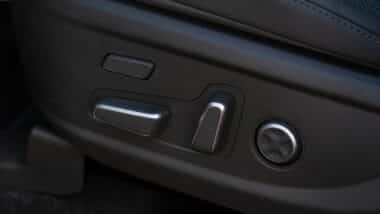
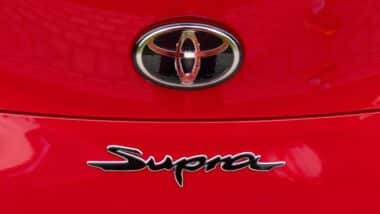


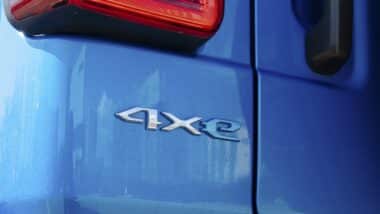
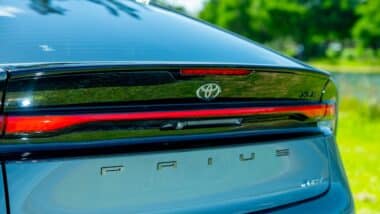
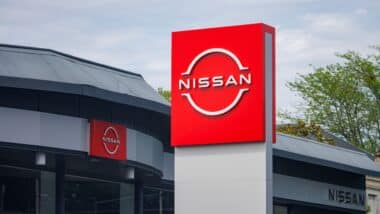
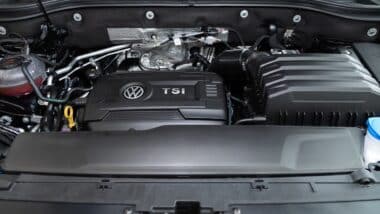

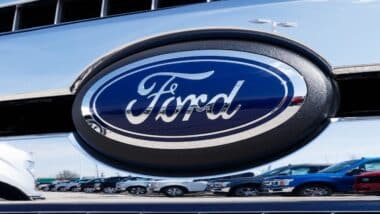
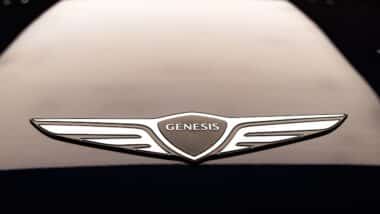

175 thoughts onFord EcoBoost Has a Dangerous Engine Defect, Owners Say
I bought a 2016 explorer and not long after the engine blew. The truck was in the shop more than it was in my posession
I have a 2017 Lincoln MKZ. Engine light came on, i brought it in to the service center and right away they said i need a new engine $10,500 due to coolant intrusion. This is a known issue on many models of Fords and Lincoln. And of course i’m a few months outside of my extended warranty. Lincoln will not offer any ‘good will gesture’, no one will say they know about the issue, just that there is a TSB which says replace engine. I’m not sure if i should put in a new engine and see if somewhere down the line i get any money from lincoln or junk the car. Having a known defect, this should have been a recall already.
I have a 2018 Lincoln MKC that has this coolant leak into the cylinder and is misfiring. I am currently going for a second opinion, but Ford has told me that it needs a new long block and will cost about $8000.
Has anyone had success in getting anything back from Ford yet? Our 2018 Edge just went down with engine failure. Dealer quote $6,900 plus tax to install new long block. Trying to decide if I should install new long block or a used engine send it down the road.